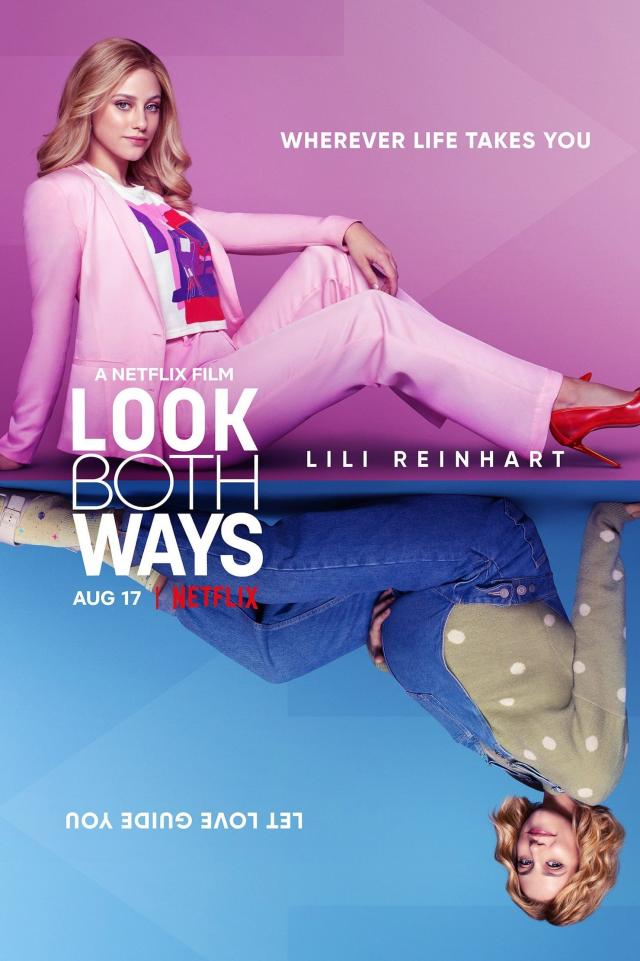By Dominique Tassell
‘What if?’ is the age-old question. There are so many decisions we make every day, no matter their size, that impact the path we’re on.
This concept most famously sparked the classic 90s film Sliding Doors and has been depicted in various other forms of media.
The newest edition to this club is the Netflix film Look Both Ways, starring Lili Reinhart.
Lili is most well-known for her role in Riverdale but has also received acclaim for her work in movies like Hustlers.
She has a strong presence in this movie, most notably in the moments when she talks about her passion for art, but no level of acting could hold up this movie and its questionable narrative.
The message of the movie is that success isn’t linear and bumps along the road won’t derail you completely even if they slow you down, but the issue with Look Both Ways is that this could have been achieved far more successfully by using a plot device other than a baby.
There were an array of options the writers could have chosen to achieve the same plot beat, where Natalie is forced to stay home and not pursue her dreams immediately.
Honestly, other plot beats might have been far more relatable and meaningful given that people are stopped from pursuing their dreams by things far more menial than an unplanned pregnancy every day.
Having Natalie run out of money in LA could have seen her head back home to Texas and go through the same beats of finding herself and her voice and creating something she’s proud of.
In one reality, she gets the job interview and in the other, she doesn’t. It was really that simple.
Using the unplanned pregnancy just dilutes their message.
In the era of American women having their reproductive rights systematically taken away from them, portraying an unplanned pregnancy in your early 20s as no big deal is not only incorrect but deeply harmful.
While Natalie has the financial and emotional support of her family to back her up, plenty of people don’t have this.
It’s absolutely possible to have children and a career at a young age, but this movie portrays it as no big deal when it most definitely is.
The movie also skates over Natalie’s struggles with parenthood and falling behind her friends as if they’re no big deal.
In the timeline where Natalie doesn’t fall pregnant, her struggles of becoming complacent in her job and art and breaking up with her boyfriend are portrayed as equal to those of being a young mother who didn’t get to pursue her dreams, is struggling to co-parent, and doesn’t relate to her peers anymore.
There’s only one line alluding to the difference, with Natalie’s mum stating to her that she’ll never not be a mother anymore and that can be difficult to process.
The message the movie was trying to convey is nice, and the movie itself is nice, but it could have been achieved far more successfully through other means.
For now, I’ll be rewatching Sliding Doors.







